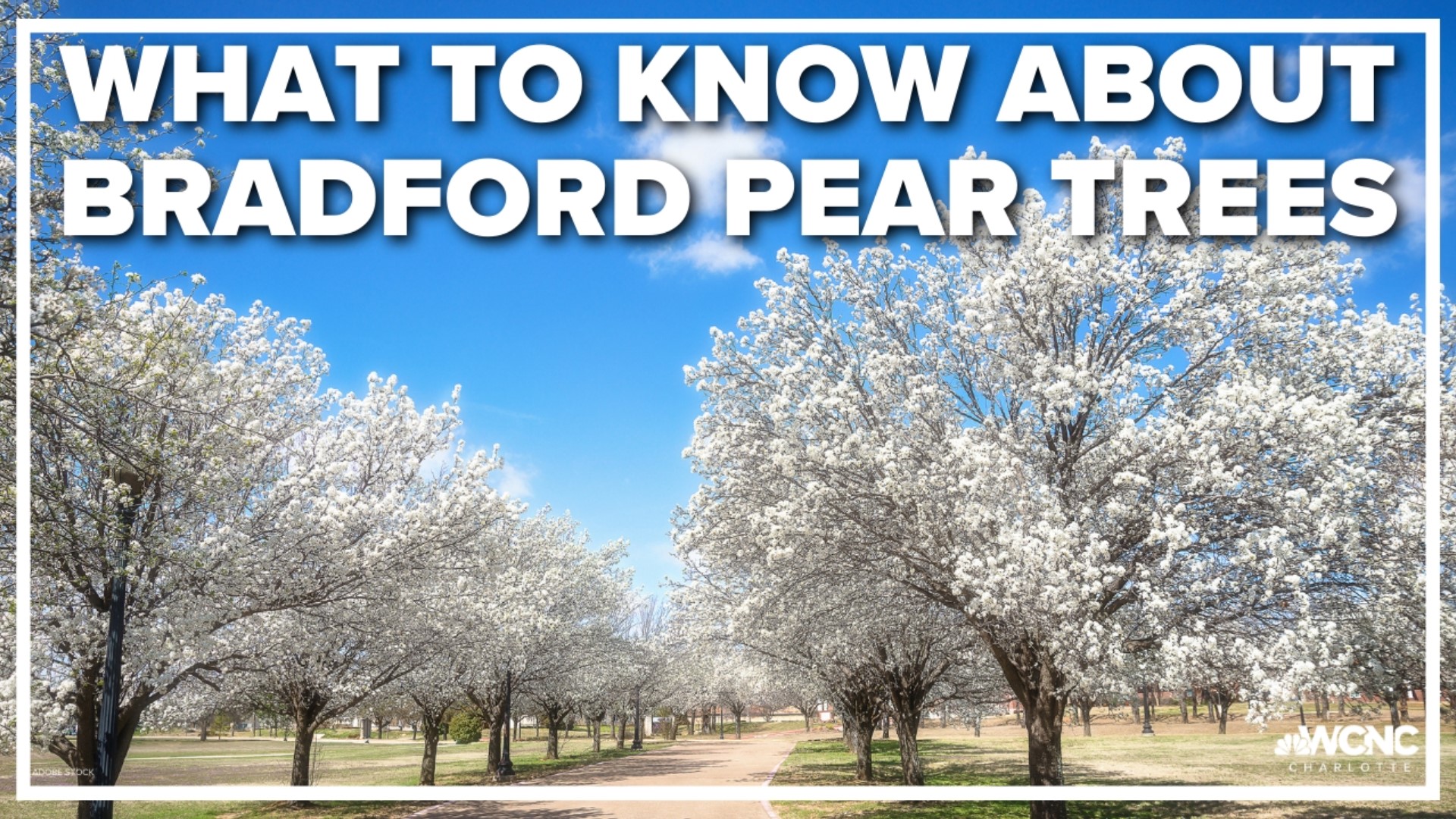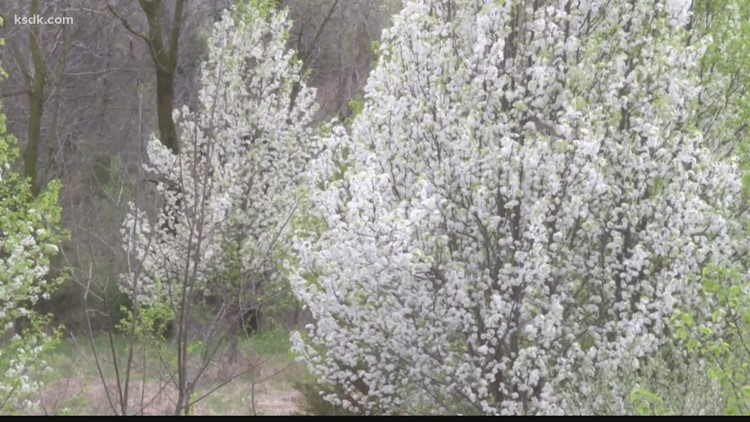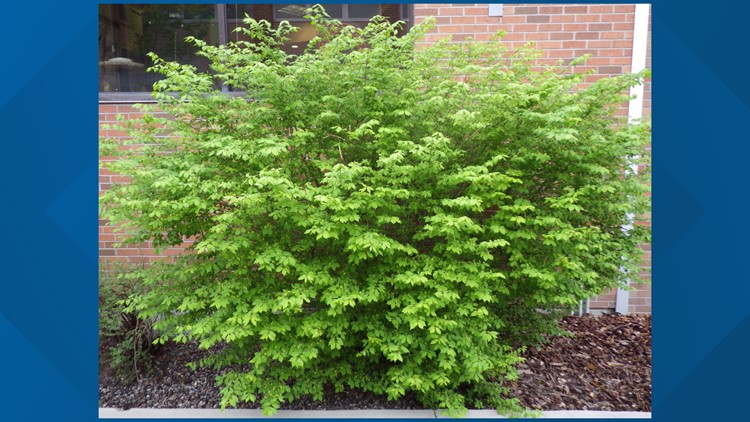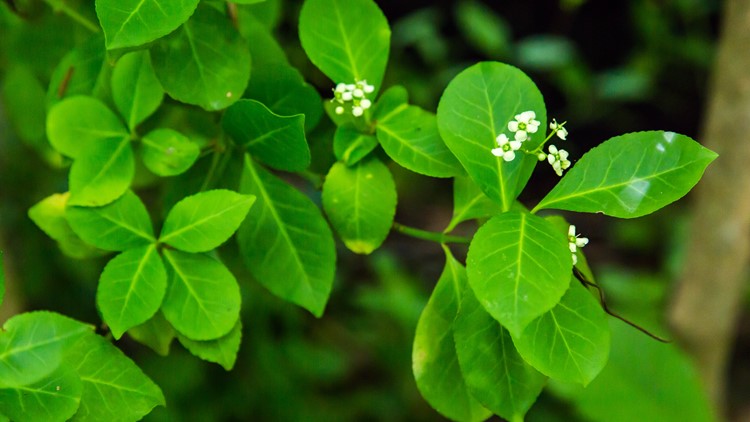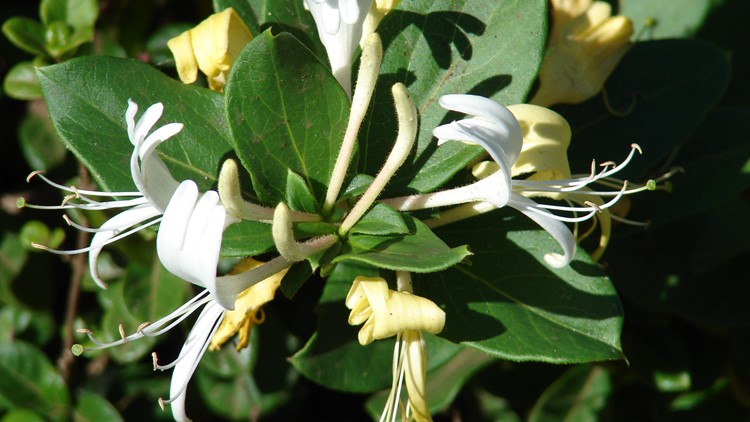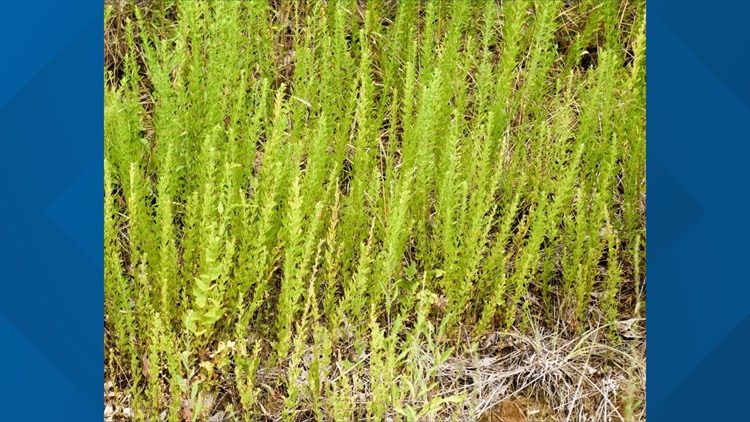MISSOURI, USA — An invasion has been under Missouri's nose for generations, unbeknownst to most of the state's residents.
They aren't space aliens, but they pose an existential threat to life as we know it in Missouri. The invaders have been wreaking havoc on the state's environment and they could even be taking root in your backyard.
The troublemakers are invasive plants, and even though they're dangerous, many have still been grown, promoted and even sold to people throughout the state.
Missouri plant nurseries that sell some of the state's most prolific invasive plants may lose their state certification and ability to sell plants if a new bill passes.
HB 2412, introduced by Rep. Bruce Sassman, would withhold registration-inspection certification needed by nurseries to sell plants if they sold one of five invasive plants, including:
- Callery pear, including Bradford pear and Chanticleer pear
- Burning bush
- Climbing euonymus, also known as wintercreeper
- Japanese honeysuckle
- Sericea lespedeza
Five invasive plants to be banned from sale under new Missouri bill
The bill is championed by the Missouri Invasive Plant Council. There are more than five invasive plants causing issues across Missouri, but the council found these five to be the most infamous from the numerous public comments they began collecting in 2020.
"We, over several years, invited input from agriculture groups, horticulture groups, conservation groups and the general public on which invasive plants in Missouri would they support being on a prohibited sale list," said Carol Davit, chair of the council and executive director of the Missouri Prarie Foundation. "The very top five of those plants are the ones listed on the bill."
Workers at the Missouri Botanical Garden's Shaw Nature Reserve know the dangers of invasive plants firsthand. The reserve's land in Gray Summit has to constantly combat invasive plants to keep the state's native biodiversity healthy.
"There are something like 3,000 plants in Missouri ... only 142 of those are actually problematic plants, so those are the ones we need to focus on," said Mike Saxton, the reserve's ecological restoration and land stewardship manager. "[Conservation groups] that are trying to promote native biodiversity are all spending immense amount of time, labor and money trying to combat invasive plants that you can drive down the street and still purchase."
It was important to Davit that the legislation wouldn't threaten plant growers and sellers in the state. The bill includes a grace period that gives plant sellers time to sell any inventory of the 5 species they may have and switch to non-invasive plants.
"If you are a plant seller and you purchased Callery pear plants and you had them in your nursery for 10 years ... we feel that that grower should have the right to sell those, deplete that inventory during that grace period," Davit said. "We do the work we do because we want to benefit Missouri and Missourians and we don't want a burden or a hardship on anyone."
Saxton also said that each of the invasive plants can be easily replaced with much less dangerous native plants. An area in the Shaw Nature Reserve is dedicated to showcasing a vast array of native plants in the state.
The Missouri House's Conservation and Natural Resources Committee passed the bill nearly unanimously at a 9 to 1 vote. The bill is now being debated on the House floor.
Top St. Louis headlines
Get the latest news and details throughout the St. Louis area from 5 On Your Side broadcasts here.

